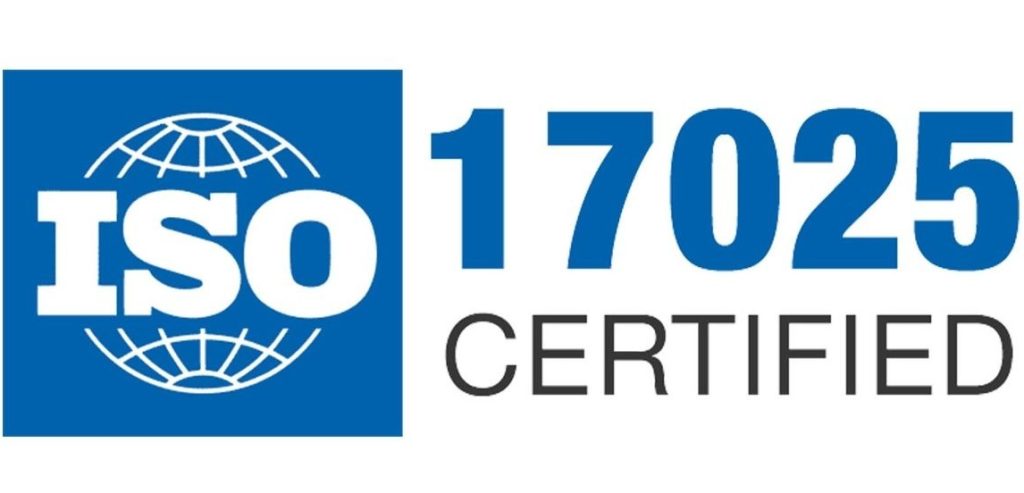Biotechnology
Biotechnology is defined as the use of living systems and organisms to develop or make products, or “any technological application that uses biological systems, living organisms or derivatives thereof, to make or modify products or processes for specific use”. Depending on the tools and applications, it often overlaps with the (related) fields of bioengineering, bioprocess engineering, and biomedical engineering.
Powering Progress Across the Biotechnology Spectrum
Biotechnology spans an extraordinary range of industries—from life-saving pharmaceuticals and herbal therapeutics to sustainable energy and environmental restoration. This diverse field fuels innovation in medicine, agriculture, and industry through applications such as small-molecule and biopharmaceutical development, plant-based compounds, enzyme-driven manufacturing, biofuels, and microbial water treatment. Each sector plays a vital role in improving health, sustainability, and quality of life worldwide.
The Diverse Set of Biotechnology Industries Includes:
- Medicine: small molecule drugs and biopharmaceutics
- Secondary plant metabolites in a variety of areas including insecticides, food additives, antitumor compounds, steroids and antimicrobial agents
- Chinese herbal drugs
- Industrial fermentation: industrial products via enzymes or micro-organisms
- Biofuels: direct agricultural or anaerobic digestion
- Bioremediation: remove or neutralize toxic substances using micro-organisms
- Water treatment: waste water management using naturally-occurring micro-organisms
Mass Spec Lab Serves Biotechnology-related Industries in the Following Areas:
01
Identification and structural characterization of impurities, secondary metabolites and by-products
Our instruments and expertise are well-suited for the characterization of impurities and by-products from biotechnology-based processes. This includes both small molecules and bio-oligomeric species, which may be undesirable contaminants in the organisms or enzymes used in the process. With a mass range from 40-10,000 amu/charge, accuracy of mass detection at less than 5 ppm level, highly sensitive, selective, and accurate fragment characterization, as well as advanced data acquisition and analysis software, we can tackle confounding compound identification and structural characterization challenges.
02
Screen formulation options
Formulation options are often narrowed down to a select few based on efficacy and safety. Besides activity studies and safety assessments (if necessary), a sponsor needs to have a complete analytical picture of the options. High-quality analytical work can help inform additional optimization rounds and tremendously shorten development cycles. Mass Spec Lab has the tools to achieve thorough fingerprinting as well as contaminant and by-product analysis to speed development efforts. We work closely with clients so that the analytical work is on-target and on-schedule.
03
Leachables/Extractables evaluation of single-use polymeric process equipment and components
In a typical biomanufacturing process, from cell culture to fill/finish, there are many polymeric process components that are in contact with the product. Bags, tubing, filters,and connectors are just a few examples. The leachable/extractable risk assessment of those materials is critical. Mass Spec Lab is uniquely equipped and has the experience to address these challenges.
04
Method development, validation, and transfer
We are equipped to help with analytical chromatography and mass spectrometry method development, method validation, and transfer designed to meet internal and regulatory agency requirements.


